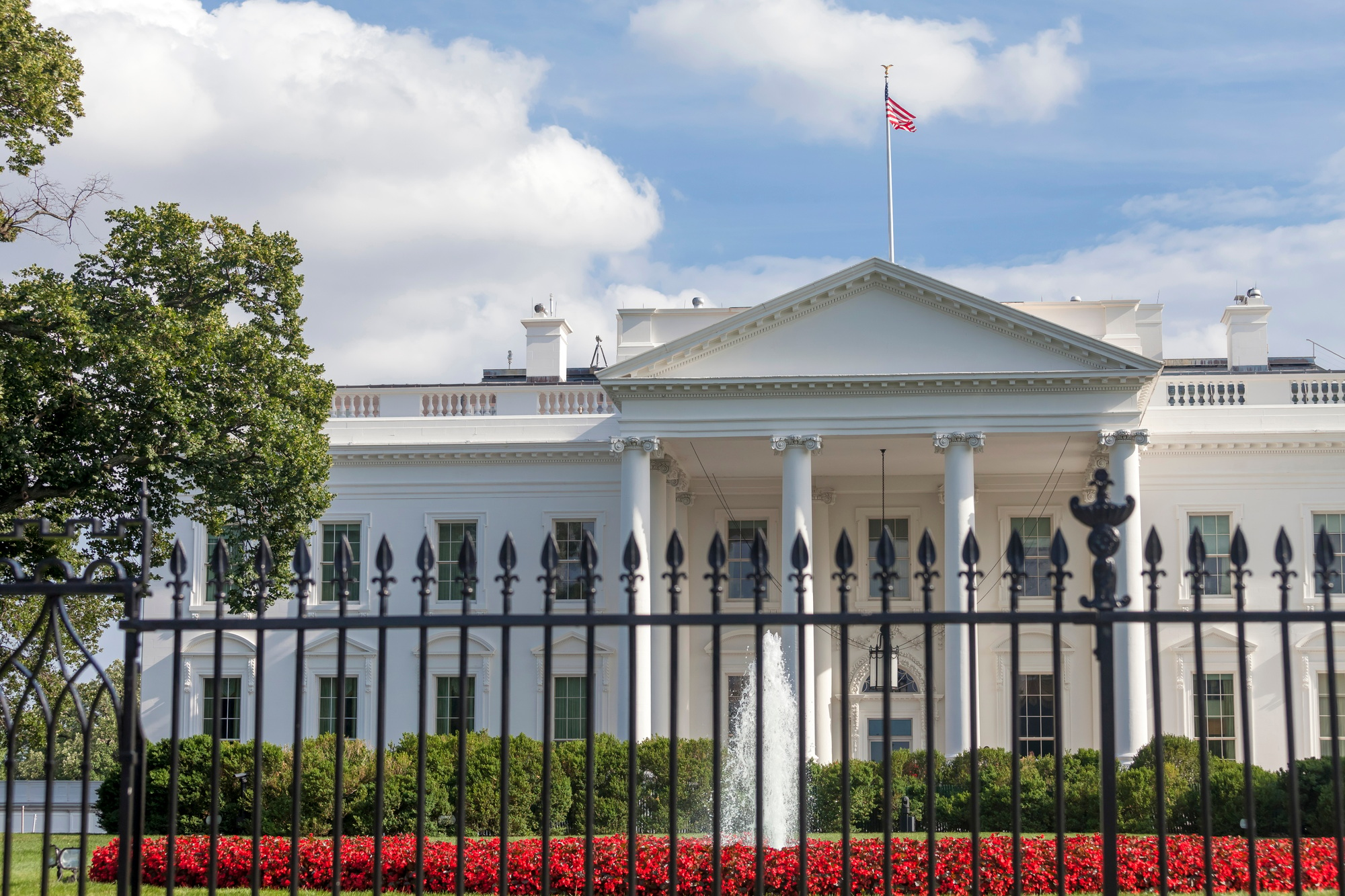The House of Representatives is advancing toward a critical legislative milestone as it prepares to hold its final vote on a major policy bill today. This legislative development marks a significant step in the ongoing efforts to shape national policy and address key issues facing the country.
Recently, legislative activity has been intense, with lawmakers debating various provisions of the bill that aims to overhaul certain sectors of government policy. The bill, which has garnered considerable attention, has been the subject of extensive negotiations, amendments, and political debate. Its passage could lead to substantial changes in areas such as healthcare, infrastructure, and economic regulation.
The upcoming vote is considered a pivotal moment, as it will determine whether the bill advances to the Senate or faces potential setbacks. Supporters argue that the bill will modernize government functions and address critical issues efficiently. Opponents, however, express concerns over the bill’s scope, cost, and potential impacts on specific communities.
This legislative process involves various stakeholders, including committee members, party leaders, and advocacy groups, all of whom are closely watching the proceedings. The outcome will have immediate implications for policy direction and could influence upcoming political strategies.
Analysts and political observers are closely monitoring the situation, noting that the vote could be a reflection of broader political dynamics and partisan divides. The result may also impact upcoming elections, shaping the narrative around government effectiveness and legislative priorities.
Looking ahead, the focus will shift to the Senate’s response and whether the bill will be signed into law. The legislative process remains dynamic, with potential amendments and negotiations continuing even after the House vote. Stakeholders are advised to stay alert for further developments, including possible vetoes or presidential actions.
What is the main purpose of the bill being voted on?
The bill aims to reform and modernize various sectors of government policy, including healthcare and infrastructure, to address contemporary challenges more effectively.
Who are the primary stakeholders involved in this legislative process?
Key stakeholders include House lawmakers, committee members, party leaders, advocacy groups, and ultimately the President, who will decide on the bill’s enactment.
What could be the potential outcomes of the vote?
If the bill passes, it could lead to significant policy changes and set the stage for future legislative actions. If it fails, the status quo may persist, and further negotiations will be necessary.








